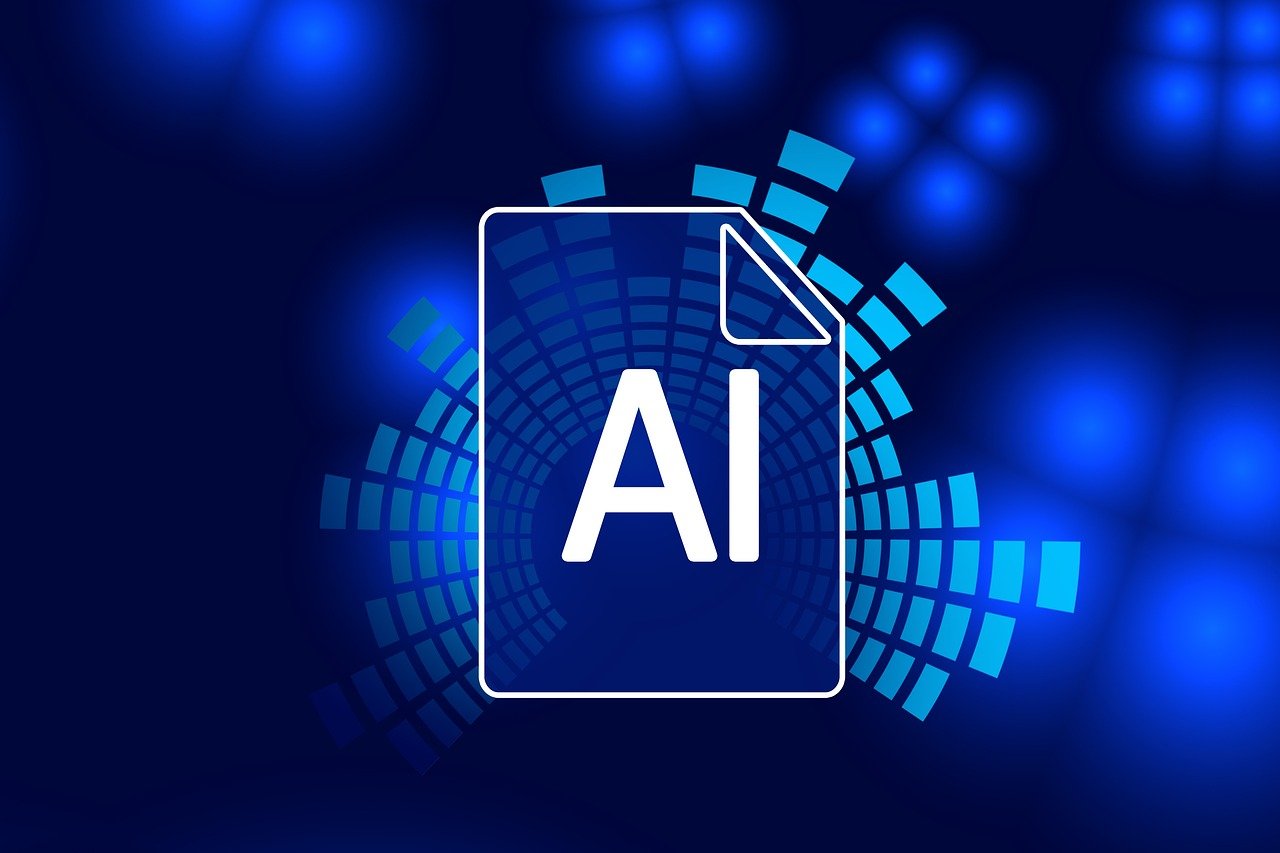The objective of the calls for contributions was to better understand the potential impact of these transformative technologies on competition in Europe, to ensure that their potential benefits in terms of prices and innovation can be enjoyed by citizens and businesses alike.
The policy brief, written by staff in light of the contributions, explores market dynamics, emerging tendencies, and barriers to entry in these sectors and suggests elements of a preliminary framework for the analysis of cases, such as possible theories of harm and efficiency gains. In particular, it looks at what types of anticompetitive concerns may emerge and at the possible tools to address them, including antitrust enforcement and merger control as well as the Digital Markets Act (‘DMA’).
Given the disruptive nature of these technologies and the risks they might entail, the Commission will continue to actively monitor the AI andvirtual worlds sectors, by using all tools at its disposal to ensure that these new markets remain competitive, contestable and fair. Today’s policy brief by staff does not represent a position taken by the Commission in this respect.
EU policy brief
The policy brief follows two calls for contributions launched in January 2024, a workshop organised in June 2024 as well as interviews with key stakeholders and parallel market investigations. The submissions received in response to the calls for contributions and a recording of the workshopwere also published today alongside the policy brief.
Find out more about artificial intelligence(‘AI’) and the AI Act.
Source – EU Commission – Digital Strategy

